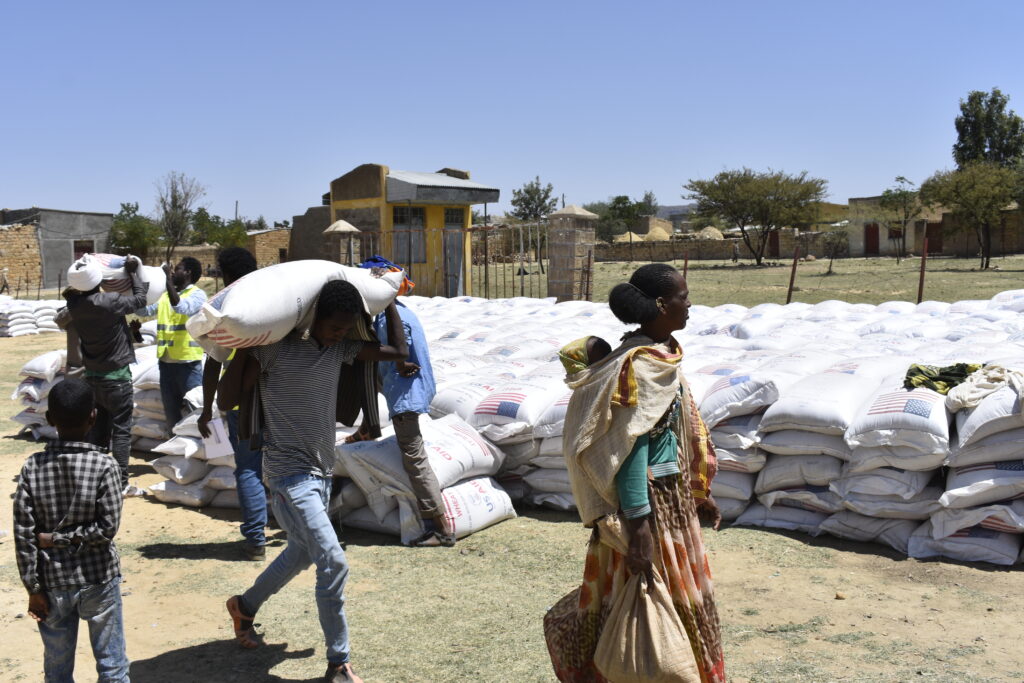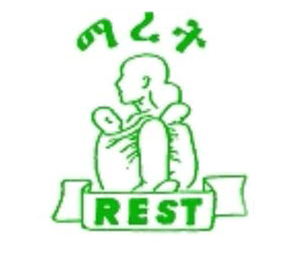Humanitarian Response
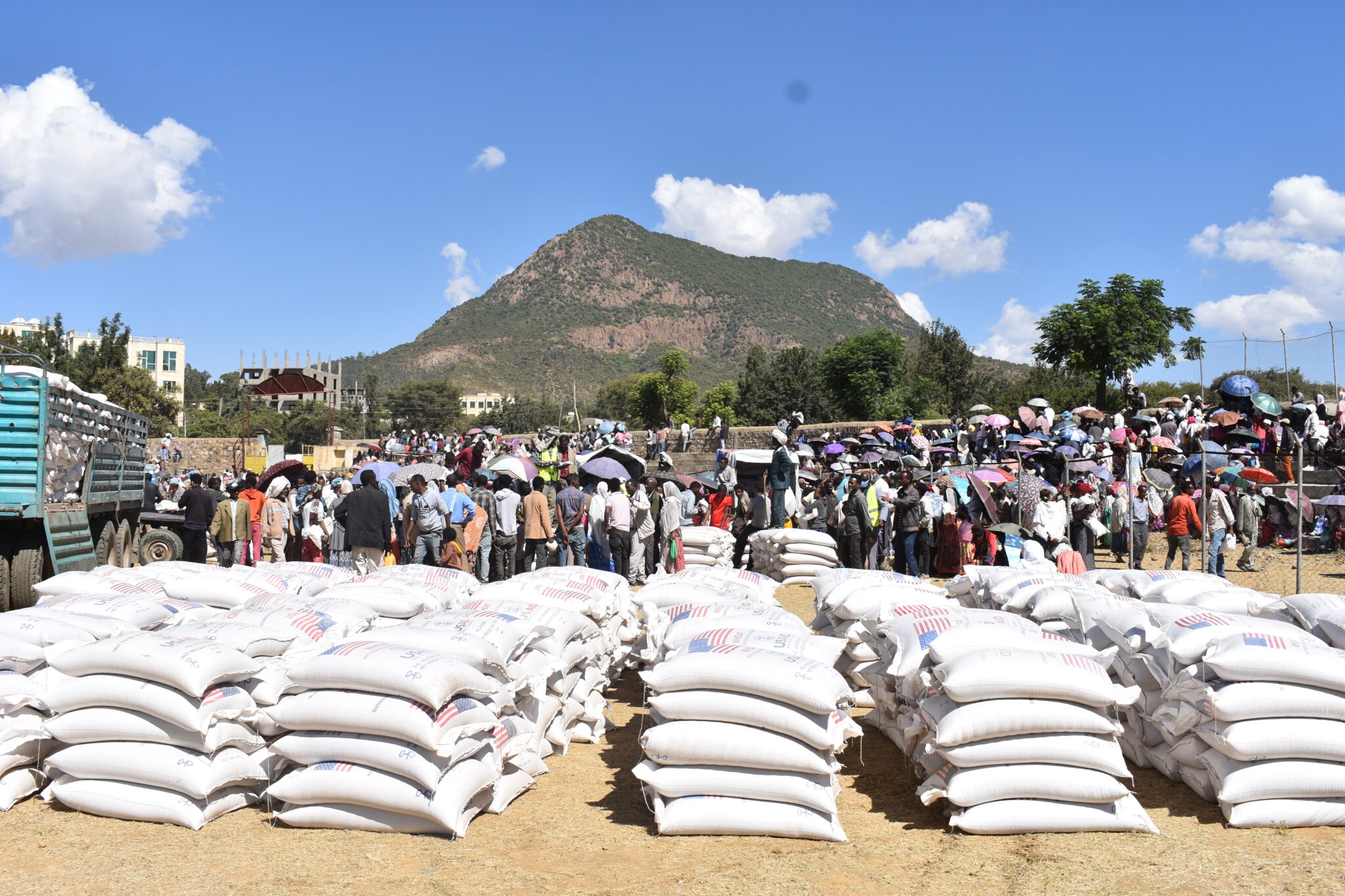
Since its inception in 1978, REST has been at the forefront of providing comprehensive, needs-based humanitarian responses. Our organization maintains a robust capacity to deliver essential services, including:
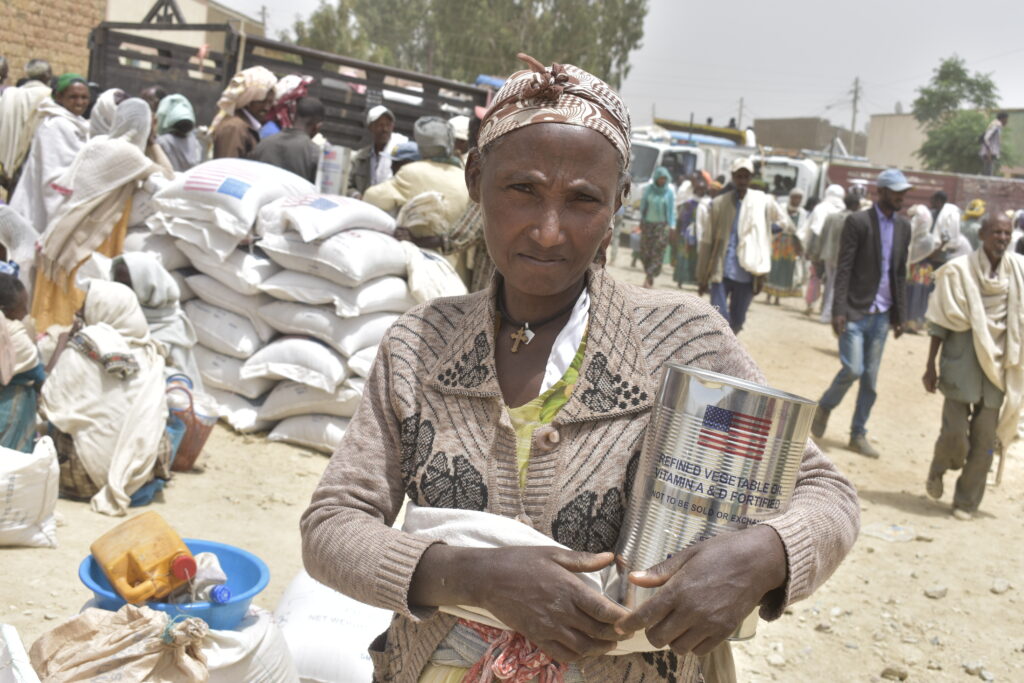
Food Distribution: Ensuring access to nutritious food for those in need.
Emergency WASH (Water, Sanitation, and Hygiene) Response: Providing critical support to maintain hygiene and sanitation standards, particularly in emergency situations.
Emergency Nutrition: Addressing nutritional needs, especially among vulnerable populations.
Protection Support: Offering assistance and protection to survivors of sexual and gender-based violence while also working to reduce the risk of violence against women and girls.
Additionally, REST addresses non-food items essential for daily life, including WASH items, clothing, cooking items, and materials necessary for house/shelter maintenance among affected communities.
In response to the humanitarian crisis stemming from the armed conflict in Tigray, REST has been at the forefront, providing a comprehensive multi-sectoral response. Here are some of our key achievements for FY2020/FY2021:
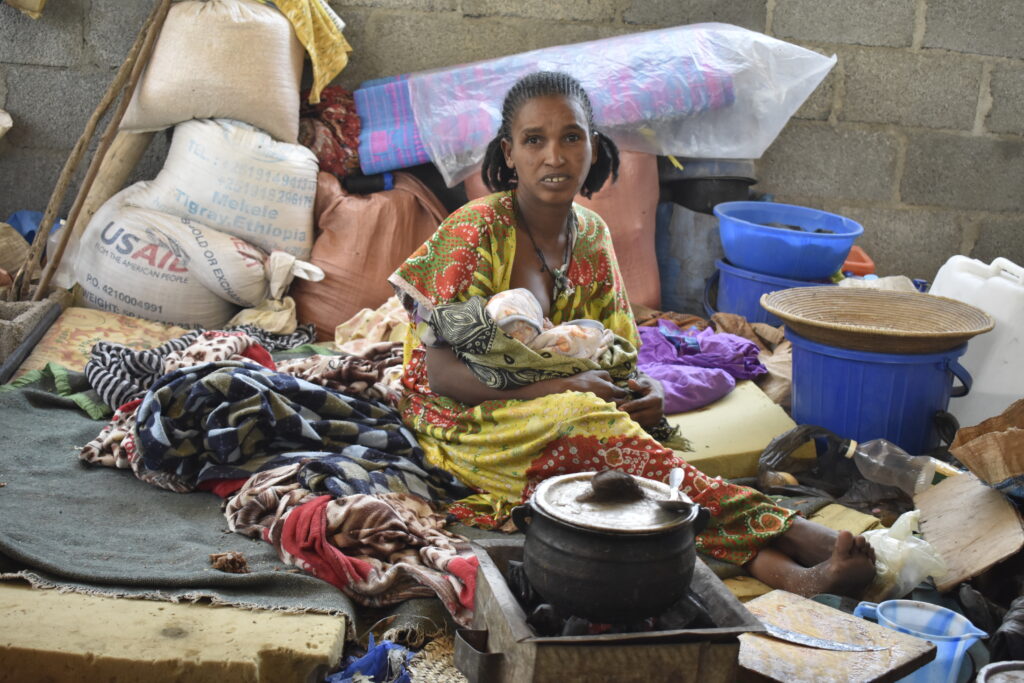
Unconditional Food Transfer
In FY2021, REST managed two of six planned food distribution rounds with USAID/CRS emergency food aid before further relief convoys to Tigray were obstructed. A third round was carried out from food reserves in storage, reaching 3.37 million conflict-affected people in 43 districts of Tigray. In FY2022/23, when food relief re-entered Tigray, REST distributed three rounds of unconditional food transfers to more than 2.28 million people in 31 districts.
Restoration of WASH Services
REST has significantly restored access to Water, Sanitation, and Hygiene (WASH) services in Tigray. We provided repair/maintenance for 4,125 non-functional water supply schemes, benefiting 365,149 people, including internally displaced persons (IDPs). Additionally, REST supplied water treatment chemicals and distributed water containers and other essential WASH items to over 22,000 families whose assets were looted or destroyed. We also conducted hygiene and sanitation education in all communities where water schemes were repaired/maintained. Through our Wahis Mai Program, REST continues to ensure the functionality of water supply schemes that benefit many people.
Emergency Nutrition
REST established and deployed 12 mobile teams to identify and treat acute and severe malnutrition among children under five and pregnant and lactating mothers in war-affected areas of Tigray. Over the past 20 months, our mobile nutrition teams screened 175,171 children under five and 50,401 pregnant and lactating mothers. Of these, 40,006 children and 29,249 mothers were malnourished and referred for access to supplementary food.
Protection Services
REST focused its support on survivors of sexual and gender-based violence, providing mental health, psychosocial support, and referral linkage to health services through the establishment of a safe space in Axum. We also provided material support to women and girls in IDP areas to facilitate proper menstrual hygiene practices. A total of 2,826 women and girls benefited from REST’s support in the safe space in Axum.
Non-Food Items (NFI) Response
REST supported households whose possessions were looted and/or houses damaged during the conflict. We focused on providing critical non-food items, including jerry cans, cooking items, blankets, mattresses, and water treatment chemicals. 15,284 conflict-affected households benefited from complete package NFI support, including clothing, cooking, and bedding materials.
